Meet Mark Dooly | Private Music Teacher
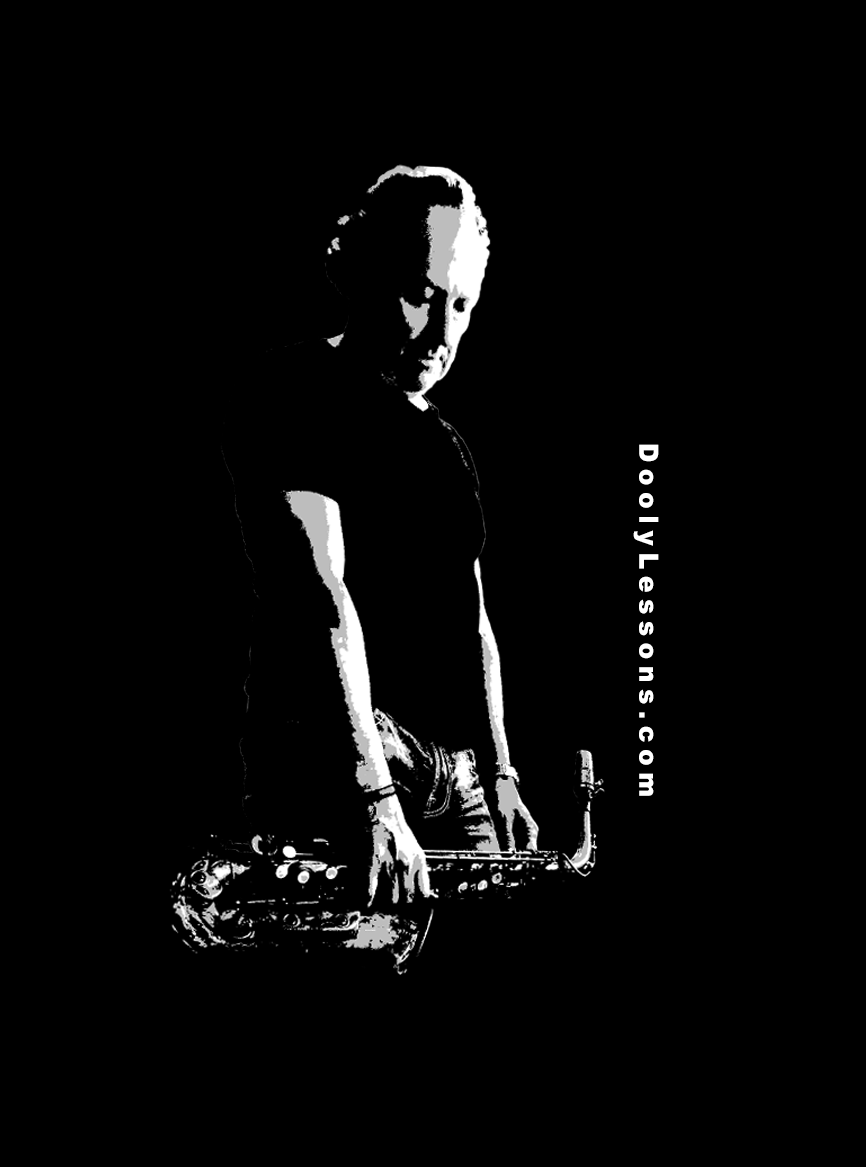

We had the good fortune of connecting with Mark Dooly and we’ve shared our conversation below.
Hi Mark, what’s something about your industry that outsiders are probably unaware of?
There’s no such thing as sight reading.
It’s just reading music.
I’m not questioning the literal meaning of sight reading music. We do read by sight. There’s no smell reading or taste reading. And I’m not denying that we can read a piece of music for the first time. But the intended meaning of sight reading, that the first time we read new music is susceptible to failure because we have no idea what we will see, is false.
We can read a book for the first time, but wouldn’t call it sight reading, because the content is made up mostly of existing words with existing spellings, meanings, and pronunciations, using existing grammar rules, in recognizable sentence and paragraph structures, that we learned previously in past literature and study. So although the book is new, for a literate person, most of its content is not.
Music is like that. When we read new music, the piece may be new, but the majority of the content is not. In common practice period music, every note and pitch is in context of a scale or chord, and those scales and chords are recognizable by sight, spelling, and sound, similar to words in a book. They are presented in a roughly predictable order, (functional harmony-music’s grammar equivalent), using a rhythmic notation system that can also be recognized by sight and sound. So this may be the first time to read this song, but most of the content we’ve already learned before in some other song.
“I’m no good at sight reading”, I hear students say. But in every case so far, it’s turned out that the student simply did not know how to read. Most students think reading music means reading the notes. Every “sight reading” method I’ve seen focuses on note recognition. This is like teaching someone to read a book through letter recognition. Letter recognition is important, but it’s not reading until we learn to spell words. Note recognition is important too, but it’s not reading music until we learn to spell scales and chords. Once students can recognize scales and chords by sight and sound as if they’re words, the individual notes become predictable based on the spelling, and the tuning becomes predictable based on the sound. So a musically literate student doesn’t have to worry about the notes or the pitches. Instead, the focus becomes the rhythmic variables. But even most the rhythms quickly become recognizable with the benefit of past knowledge and experience.
If you want to learn how to read, you have to learn how to spell.
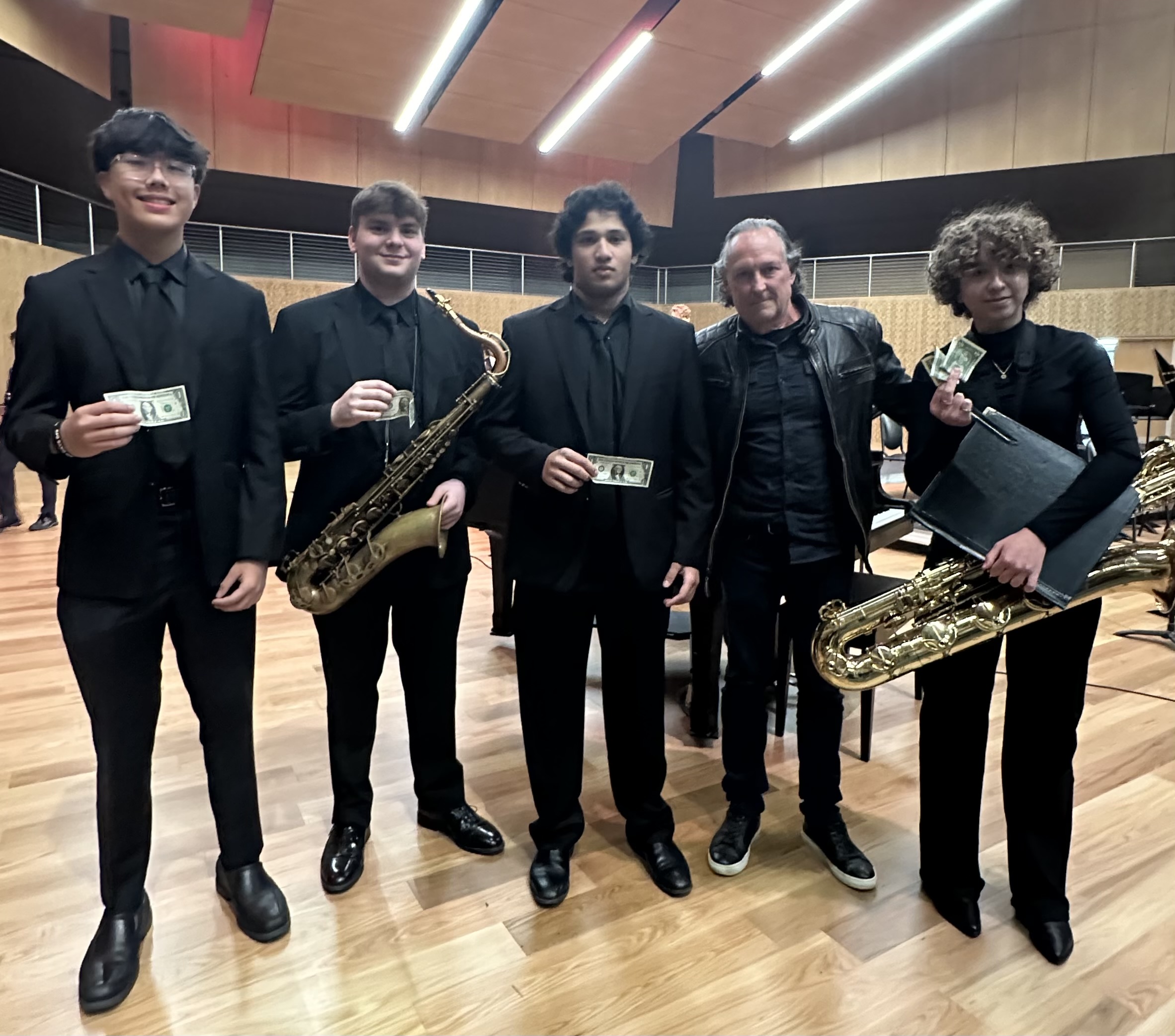
Alright, so let’s move onto what keeps you busy professionally?
In 1988 I was a college music major struggling to pay my way through school. I began teaching private music lessons to kids at a local school district to pay the bills. The challenge was to attract students by developing a unique system and set myself apart from other teachers.
Many music teachers try to recruit students by talking about their own famous teachers or the elite college programs they attended. The implication-“study with me, I’ll tell you what those people said”. But if we as teachers simply repeat to our students information that was provided for us, then we’re no more valuable than a wikipedia page-and wikipedia is free.
What I’ve tried to do is take the information from my teachers, classes, and textbooks, and make it relevant and usable. In my own college classes and lessons, I was always asking myself, “why do I need to know these things?” If the information doesn’t improve my performance ability, then it’s just meaningless trivia.
Many traditional instrumental teachers focus on primarily on technique. I focus on music literacy. Technique is wonderful, but technique can be developed through a study of literacy. Literacy cannot be developed by drilling technique.
What I have created is a unique system that works for any instrument. We think of music as a language. When learning a language, we learn to read it, write it, and speak it-three applications of the same skill. In music, we learn to read, compose, and improvise-the equivalent applications of the same three skills. We think of scales and chords as the words, using spelling and visualization as a vehicle for reading and ear training. We shifts the focus away from the notes, and onto the rhythm where it belongs. This allows students to read music the first time with a high level of success, or they may apply the same system to composition or improvisation, while developing technique in the process.
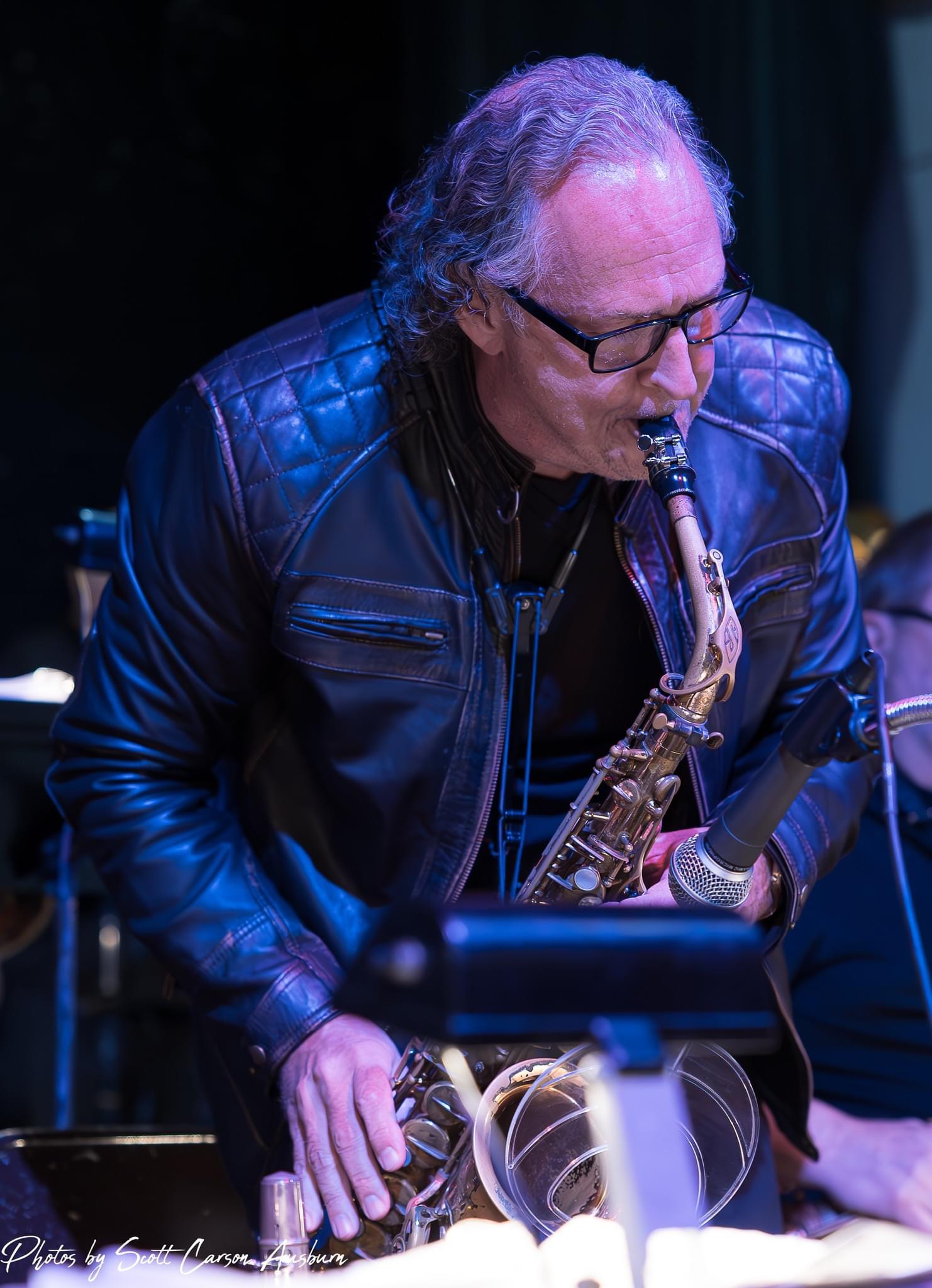
If you had a friend visiting you, what are some of the local spots you’d want to take them around to?
My family lives in Grapevine Tx, one of the best places on earth, 5 minutes from DFW airport. Historic Main street would be a good place to start, with nostalgic shops, restaurants, bars, music, and sometimes street festivals. From there, you can take to train directly to the Ft. Worth stockyards, for more culture, history, and music. And while you’re there, check out Joe T. Garcia’s, because you can’t come to Texas and not have Mexican food. Also, if you’re here in the summer, Rangers baseball will be on the agenda.
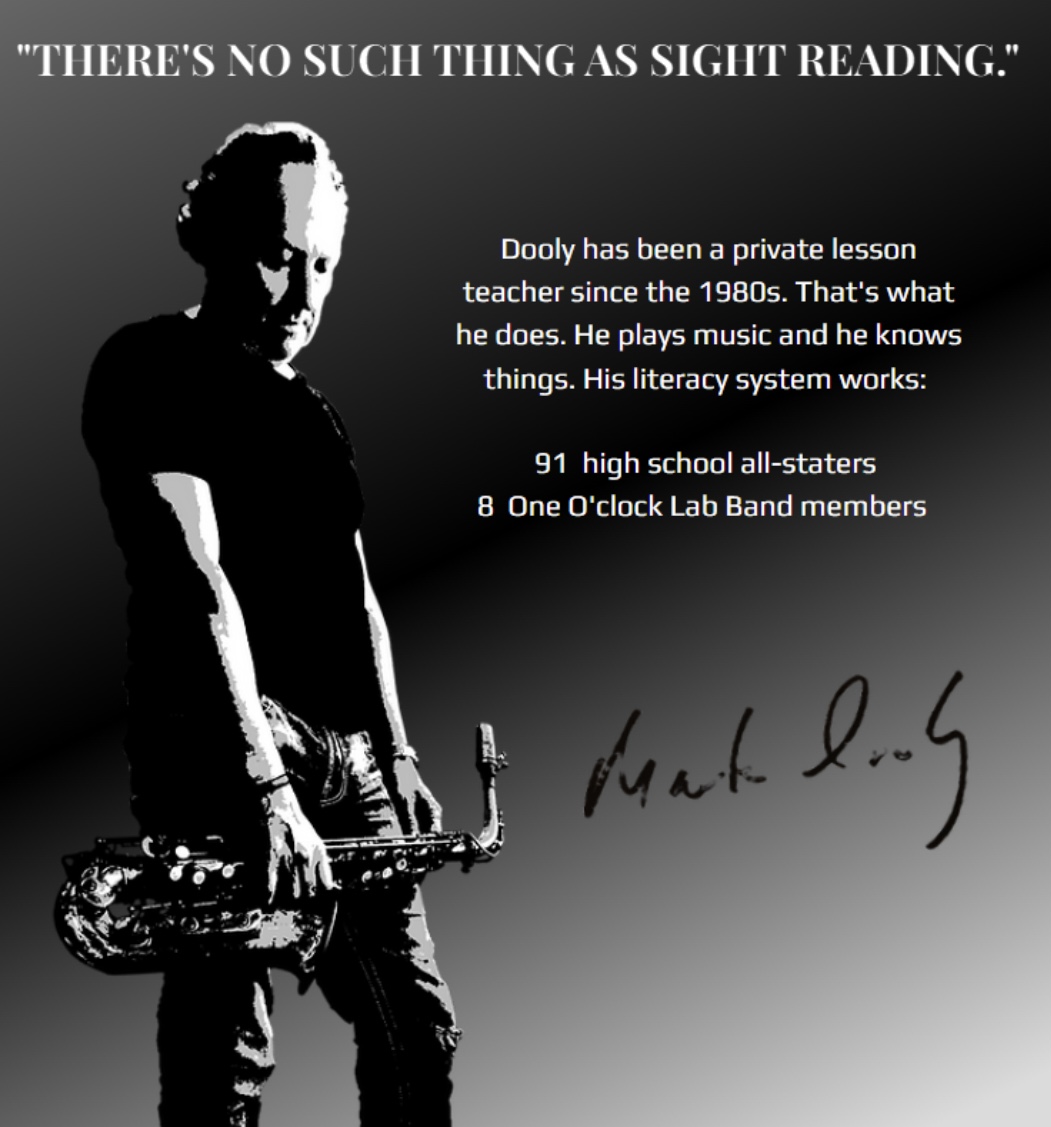
The Shoutout series is all about recognizing that our success and where we are in life is at least somewhat thanks to the efforts, support, mentorship, love and encouragement of others. So is there someone that you want to dedicate your shoutout to?
Todd Toney is the best music teacher I ever had. Mr. Toney was my private saxophone teacher when I was in the 8th grade. The things he taught me set me this path, and I wouldn’t be here without his influence.
Website: https://DoolyLessons.com
Instagram: https://www.instagram.com/doolylessons?igsh=c2l6ZjA2MjY2MWtp&utm_source=qr
Twitter: https://x.com/nmdooly?s=21&t=cssEQ-PAmzf92IKsQEruTA
Youtube: https://youtube.com/@doolylessons?si=eLqtPm41YSq12ZZw
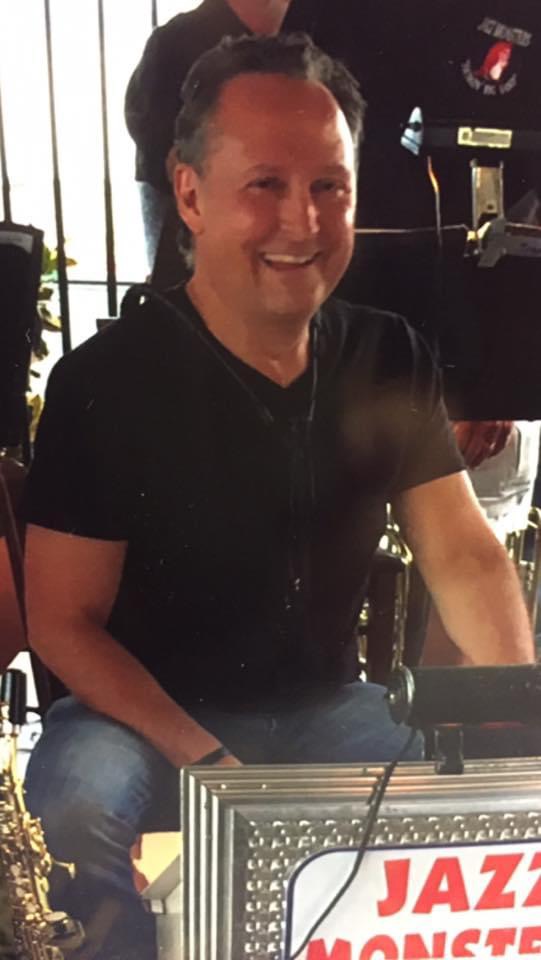
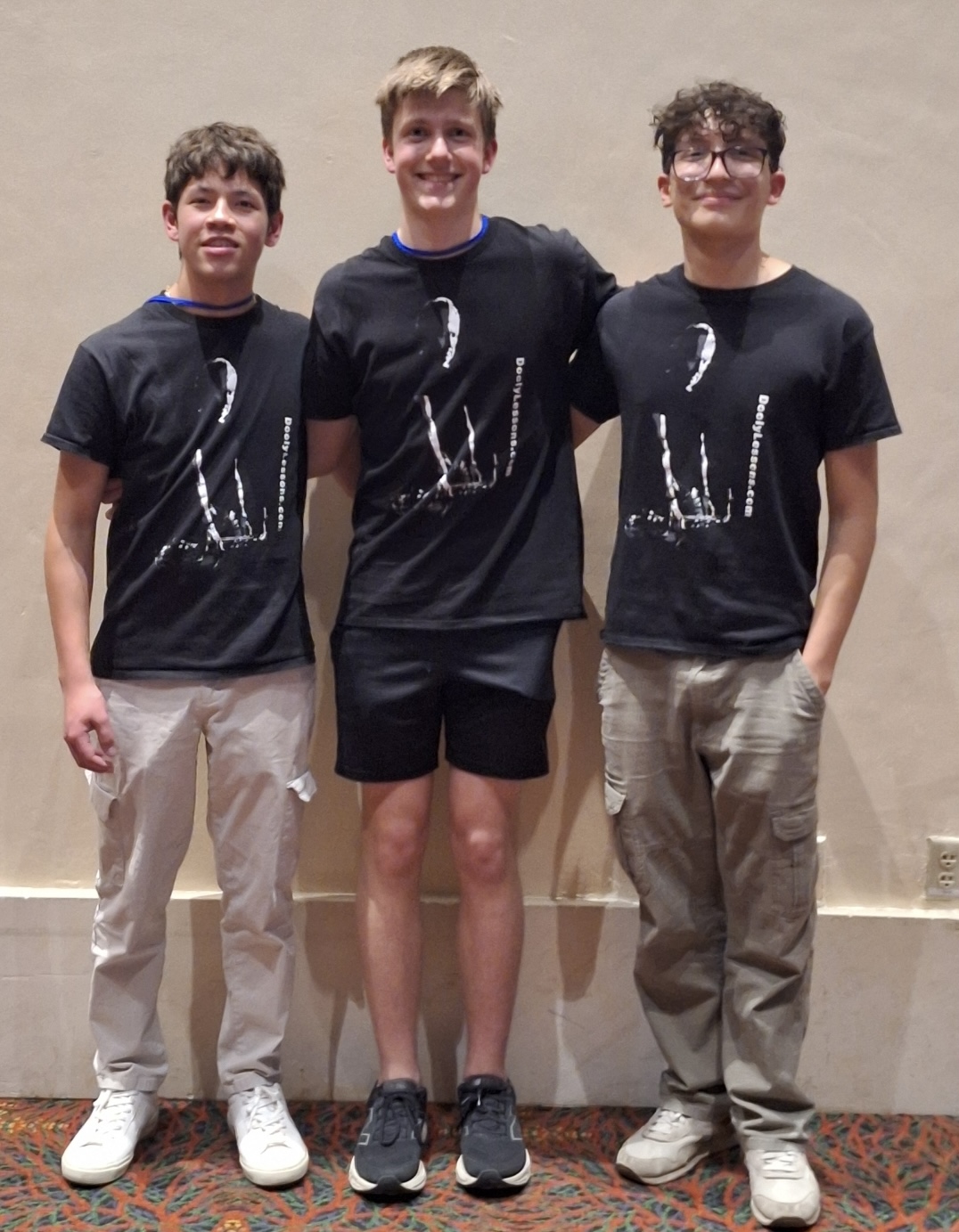
Image Credits
Top image L-R: Adam Feng, Michael Fradkin, Varun Mathews, Dooly, Malak Almasry
Bottom image L-R: Kade Ewing, Thomas Melton, Tristian Reyna
